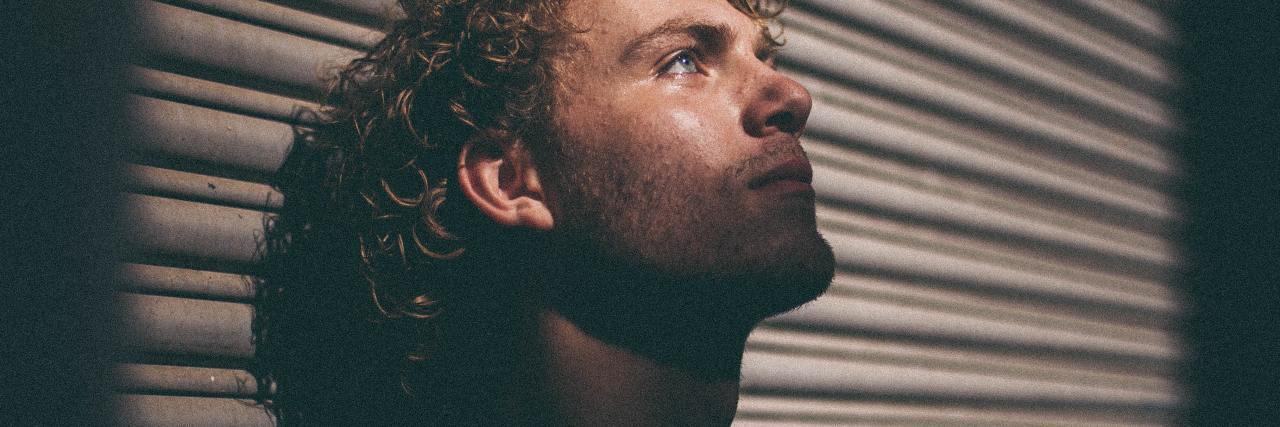Everyone around you just wants the best for you. But the best isn’t always what’s in store for us folks with bipolar disorder. As summer comes to a close, if I had to describe my current mood, I would say I am partly cloudy with a chance of rain. I am on the verge of a seasonal sadness brought on by the end of summer, my favorite time of year. But you wouldn’t know it based on interacting with me. I shield myself.
• What is Bipolar disorder?
If I dissect my Facebook feed, I see everyone putting their best self forward — sweet new digs, fabulous weekend getaways, cool gigs at popular magazines or movie sets. For the most part, people on social media want to keep their fears and feelings private.
As a bipolar author, I sometimes feel pressure to be an “ambassador” for bipolar. A role model. A sober example. An upstanding citizen with a balanced mood. I strive to be these things, but as we all know, nobody’s perfect. Sometimes I have anxiety over the most trivial of things. A texting session. A personal encounter. A night of poor sleep. I overanalyze what I said or did or what happened, to the point of stressing myself out. Then I work it out with my therapist or a friend who is usually helpful in getting me to see the issue from a different, more positive perspective.
I often ruminate over difficult turns of events, fixating big time. And I keep flipping the metaphoric same record over and over again.
The pressure cooker of happiness is pronounced. It comes at you from all sides, from all walks of life, barreling at you like the obstacles on “Donkey Kong.” But all you want to do is climb to the top to save the princess (or feel happy). You know you can do it, but the pressure is a blockade.
It’s easy to cower, hiding your head under the covers. But it’s better to not let things bottle up. Confide in a friend, significant other, or your therapist. The boiling water will cool down.
But when you’re not fine, when you’re torn up inside, it’s best to find an outlet to air your feelings so that you can, as they say in Alcoholics Anonymous, “fake it ‘til you make it.” That’s what therapy — or, for us who are dually diagnosed, Dual Recovery Anonymous — is for.
I faked fine for nearly a year in 2008, while working at MTV News (as I describe in my memoir). After going on medical leave for a major manic episode, I returned to work only to find my life shattered by sadness. I couldn’t handle the Subway, so I took a taxi to work every day. I took frequent walks around the block, hoping that no one would notice I was gone from my desk every couple of hours.
I procrastinated about work then returned home every day and cried it out, easing my pain with frequent hugs from my live-in boyfriend at the time. I wasn’t fine and it seemed like things would never be fine again. But they were. Depression passes. It always does.
But what’s important to note is that we all don shields. Even so-called “normal” people. Everyone has something wrong with their life. We cover up the bad things and pretend to be all right. Some people think that being emotional is a sign of weakness, especially if you’re male. But I’m here to tell you that being emotional is human. There is no shame.
If you need a good cry, have at it.
Photo by Blake Connally on Unsplash

